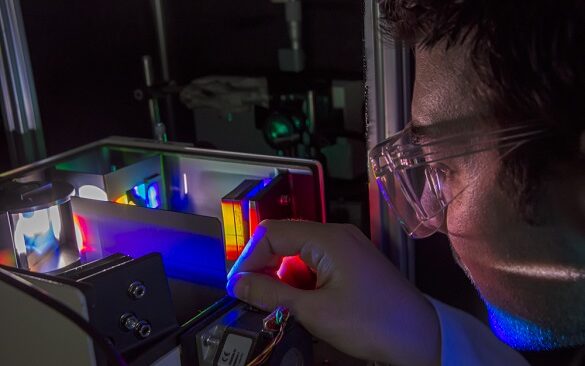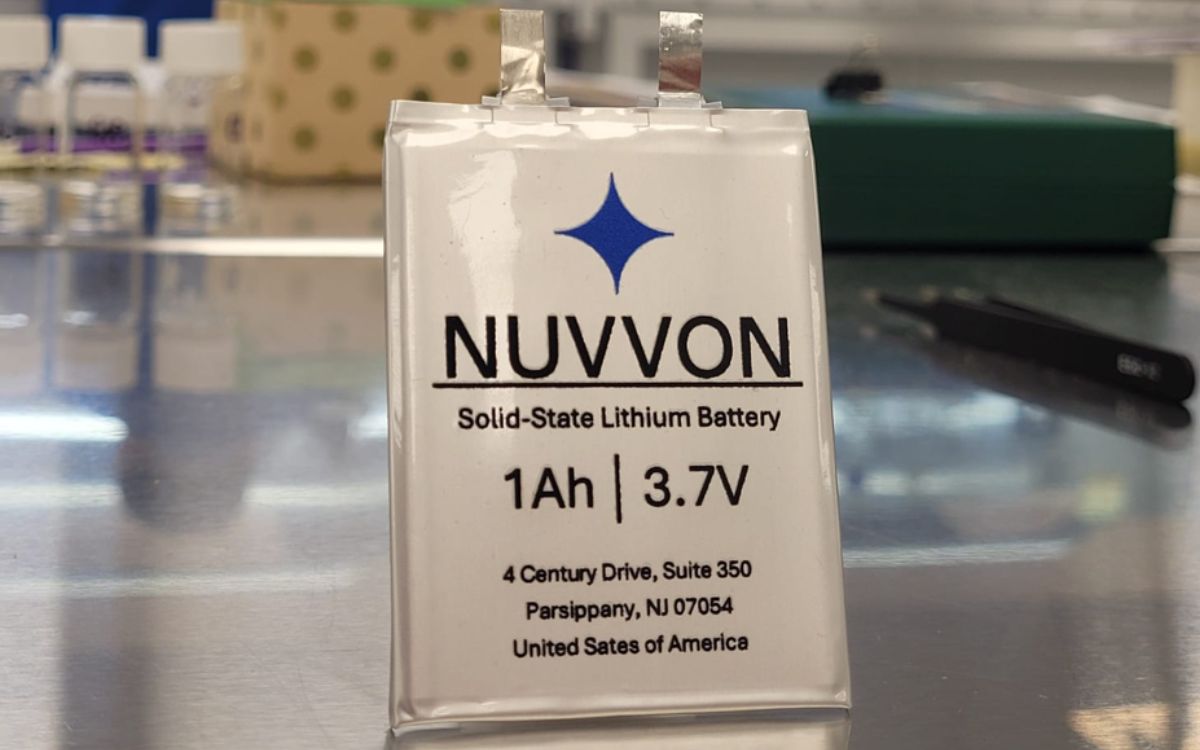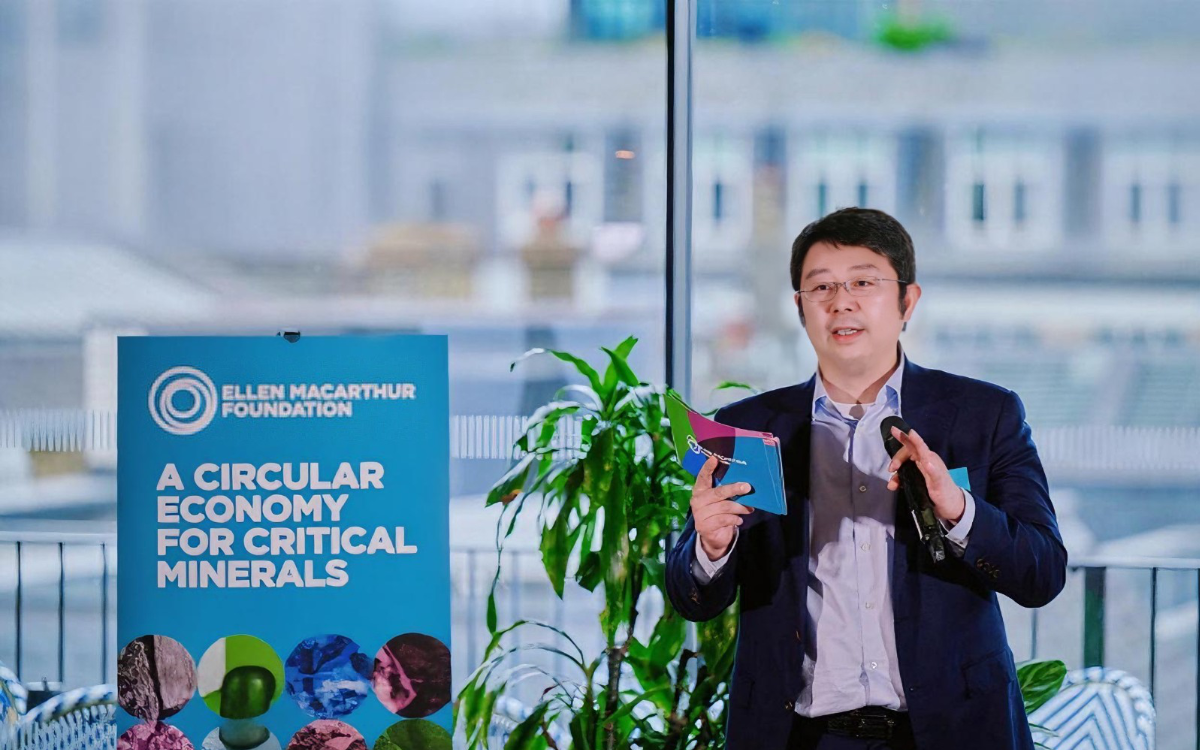Researchers in the UK are making progress in the development of stable and practical electrolytes for lithium-oxygen batteries.
Scientists have characterised and developed electrolyte formulations that minimise side reactions within the lithium-oxygen (lithium-air) battery to enable improved longer cycle stability.
Work was led by the University of Liverpool’s Stephenson Institute for Renewable Energy (SIRE) in partnership with Johnson Matthey, and Loughborough University.
The technology is in its infancy, but in theory could provide much greater energy storage than the conventional lithium-ion battery, say the team.
The research was published in the journal Advanced Functional Materials.
Lead author of the paper, Dr Alex Neale from SIRE, said the research demonstrated the reactivity of certain electrolyte components can be switched off by precise control of component ratios.
Dr Neale said: “The ability to precisely formulate the electrolyte using readily-available, low volatility components enabled us to specially tailor an electrolyte for the needs of metal-air battery technology that delivered greatly improved cycle stability and functionality.
“The outcomes from our study really show that by understanding the precise coordination environment of the lithium ion within our electrolytes, we can link this directly to achieving significant gains in electrolyte stability at the Li metal electrode interface and, consequently, enhancements in actual cell performance.”
The electrolytes provide new benchmark formulations to support ongoing investigations to understand and develop new, and practically viable, cathode architectures to reduce round-trip inefficiencies and further extend cycle lifetimes.
The collaborative study was made possible by support from an Innovate UK grant.












